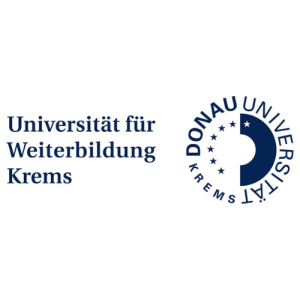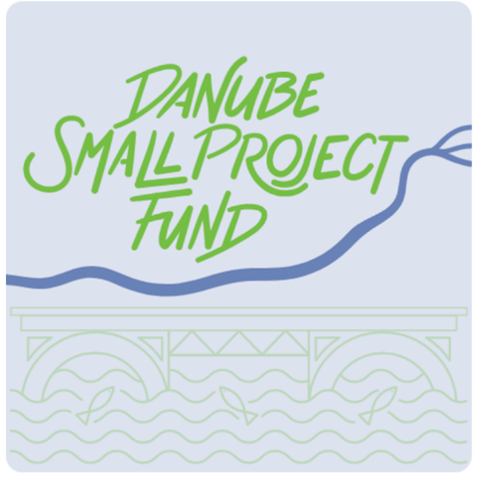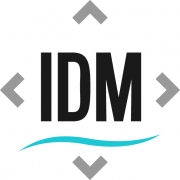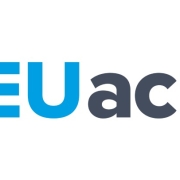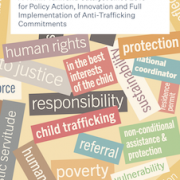„Klimakrise“, „Migrationskrise“, „Populismus“, „Wirtschaftskrise“ – in den Nachrichten und den öffentlichen Diskursen geht es um diverse Krisen, welche unsere „Ordnung“ gefährden würden. Das Projekt „Europäische Un/Ordnungen“ (am Institut für den Donauraum und Mitteleuropa in Kooperation mit der an der Universität für Weiterbildung Krems) will einerseits der Frage nachgehen, wie Begriffe von „Ordnung“ und „Unordnung“ in den Krisendiskursen bedient werden bzw. aus theoretischer Perspektive konzeptuell erfasst werden können; andererseits sollen konkrete thematische und regionale Fallbeispiele entlang der „Ordnung“ / „Unordnung“-Konzepte behandelt werden.
Allgemeine Informationen
Ziel
– Interdisziplinäre Erforschung der Konzepte von „Ordnung“ und „Unordnung“ (Politik, Recht, Soziologie, Geschichte, Kunst)
– Analyse von Ordnungsvorstellungen und Unordnungserscheinungen im ostmittel- und südosteuropäischen Raum
– Analyse ausgewählter Fallbeispiele aus den Ländern des Donauraumes
– Fortdauerndes Monitoring der Entwicklungen in den Fallbeispielen
– Themen: „Krise der Demokratie“, Populismus, Ethnonationalismus und Multikulturalismus, Rechtspluralismus, Kunst und Politik, Nachhaltigkeit usw.
– Jährliche Konferenzen über ein konkretes Thema (Publikationen der Vorträge)
Mitarbeiter*innen
– Dr. Dr. Péter Techet, PhD, MA, LL.M (IDM)
– Mag.a Rebecca Thorne, MA (IDM)
– seitens der Universität für Weiterbildung Krems: Mag.a Dr.in Christina Hainzl
Konzept
„Ordnung“ / „Unordnung“
„Ordnung“ gilt geläufig als ein positiv besetzter Begriff, demgegenüber „Unordnung“ als „Krise“ verstanden wird. „Ordnung“ wird ideologisch mit „Normalität“ verbunden, was aber das Bestehende rechtfertigt und alles Abweichende als „Abnormalität“, als „Krise“ ausschließt. „Ordnung“ bedeutet dabei ein statischer Zustand, der aber gerade dem Wesen einer demokratisch-pluralistischen Gesellschaft, ständig wechselbar und wechselhaft zu sein, widerspricht.
Im Projekt soll diese dichotomische Aufteilung und Bewertung von „Ordnung“ / „Unordnung“ hinterfragt werden.
„Universalismus“ / „Partikularismus“
Während die Modernität – sowohl gesellschaftlich als auch theoretisch – universal verfasst und gedacht ist (Staatlichkeit, „große Erzählungen“, Systemtheorien, Menschenrechte usw.), ist das postmoderne Zeitalter durch Fragmentierungen des Wissens, der Identitäten, der Souveränitäten (d.h. der modernen „Ordnungen“) geprägt, was zugleich Parallele zu den mittel- und frühneuzeitlichen Partikularismen aufweist. Die heutigen „Krisen“ lassen sich auch als Transformationsprozess zwischen modernen und postmodernen Ideen / Realitäten bzw. als „Krise des Universalismus“ verstehen.
Im Projekt soll das Verhältnis von „Ordnung“ / „Unordnung“ im Kontext von „Universalismus“ / „Partikularismus“ erfasst werden.
„Krise in der Demokratie“ / „Krise der Demokratie“
Indem die Demokratie als „Herrschaft auf Zeit“ (Oliver Lepsius) verstanden wird, lassen sich die „Krisen“, die „Unordnungen“ positiv als gesellschaftliche, politische, kulturelle Dynamik umdeuten. Die Demokratie lebt von den Änderungen (der Mehrheits- und Minderheitenverhältnisse), weswegen sie nicht eine substantielle „Ordnung“ erfordert und voraussetzt, sondern einen dynamischen, ergebnissoffenen Prozess – in diesem Sinne: „Unordnung“ – erzeugt. Ein statisches, substantielles „Ordnung“-Konzept (im Sinne von „Normalität“) schließt die notwendigen Änderungen einer pluralistischen Gesellschaft aus: Pluralismus heißt insofern immer „Unordnung“.
Im Projekt wird zwischen „Krise in der Demokratie“ und „Krise der Demokratie“ unterschieden: Während die „Krisen“ (als ständige Dynamiken) zum Wesen der Demokratie gehören, tritt die „Krise der Demokratie“ ein, wenn eine „Ordnung“ (im populistischen, d.h. antipluralistischen Sinne) versprochen und durchgesetzt wird.
Das Projekt zielt darauf ab, die diversen Krisenerscheinungen in den Demokratien der ostmittel- und südosteuropäischen Länder danach zu untersuchen, ob sie die pluralistische Dynamik („Krise in der Demokratie“) bedeuten (und daher keine Gefahr für die Demokratie darstellen), oder diese Dynamik abzuschaffen drohen („Krise der Demokratie“).
Fallstudien aus Ostmittel- und Südosteuropa
Im Projekt wird angestrebt, konkrete Krisenfallbeispiele (gesellschaftliche Polarisierung, Anti-Eliten-Diskurse, Korruption, Populismus, „illiberale Demokratie“, Ethnisierung der Politik, Migration, Nachhaltigkeit, Proteste in Kunst usw.) mit einem starken Fokus auf Ostmittel- und Südosteuropa – entlang der konzeptuellen Differenzierung zwischen „Krise in der Demokratie“ und „Krise der Demokratie“ bzw. „Ordnung“ und „Unordnung“ – zu bewerten und zu analysieren.
(Fallstudien folgen demnächst)
